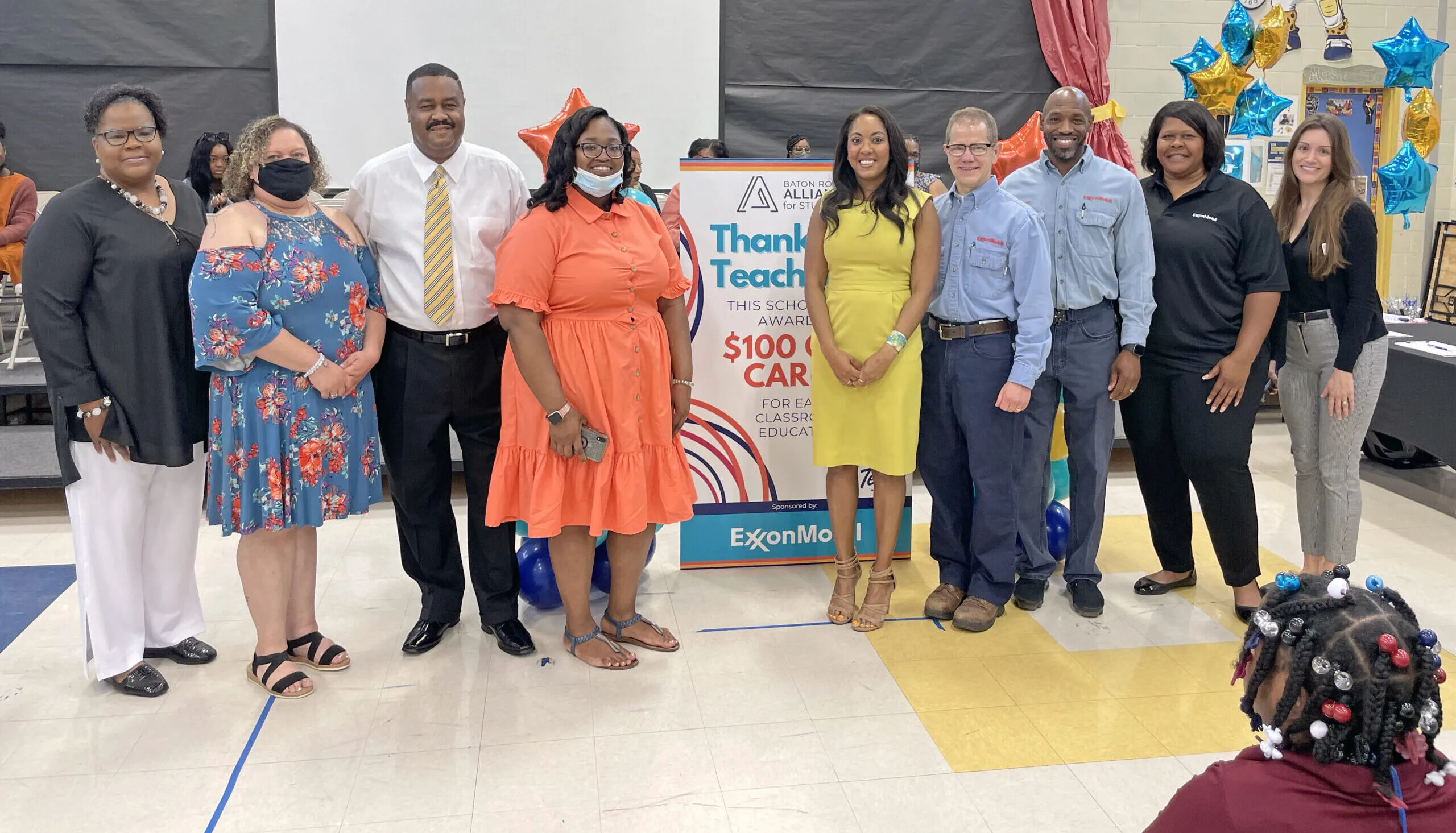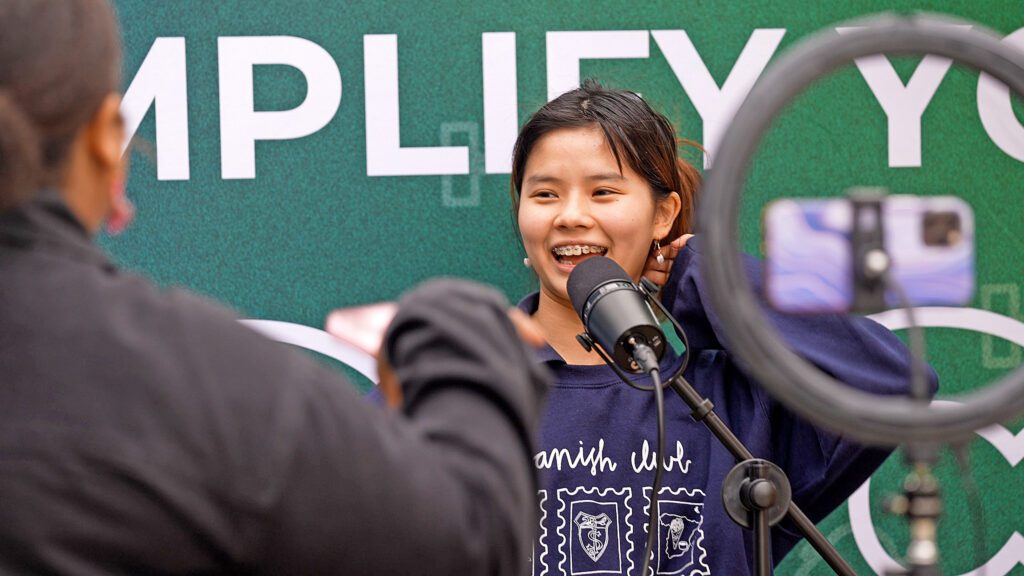
Giving Back: Baton Rouge Alliance for Students
The last couple of years have demanded a lot of changes in schools around the world, but in the Baton Rouge public school system, the fight for improvement has continued to be an uphill battle. With one of the highest private school utilization rates in the country—more than double the national average—many local families stand outside the bubble of specific issues facing the system. The students within the system, however, have always had a lot to say. And thanks to the Baton Rouge Alliance for Students, they’re finally being given a chance to speak out.
Founded in March 2021, the Alliance traces its roots to Baton Rouge-born-and-raised CEO Adonica Pelichet Duggan, who attended local public schools and later followed in her family’s footsteps with a career in education, which has included leading roles with the Zachary school district and the New Schools for Baton Rouge nonprofit, among others. But eventually, she noticed the need for more personalized resources—and better trained advocates in government and the larger community—to help tackle continued inequalities.
“A lot of schools here serve children very well, but it’s our job to change the schools that are serving them poorly and don’t prepare them for the lives we want them to live,” she says. “There shouldn’t be only one way for your child to receive a good education.”

From the beginning, the mission of the Alliance has stood on a student-first philosophy, and nowhere has this been more apparent than through its Baton Rouge Youth Voice Initiative, a collaboration with the Mayor’s Youth Advisory Council and Safe Hopeful Healthy BR. By setting up a 100-square-foot, technology-equipped “Truth Booth” at various locations around town, Duggan and her team recorded and listened to hundreds of local students via video confessionals and digital survey responses. The results they gathered helped inform an official report which will be released on batonrougestudents.org this fall.
“The thing about teenagers is that they will often give you very raw, unsolicited feedback,” says Duggan, who is a mother to four children between the ages of 11 and 17. “It’s been amazing to hear how clear their perspective is and how aware they are of the challenges—especially the need for more mental health support—and how different it is from school to school.”
The Alliance tasks itself with making sure policymakers feel accountable to delivering those results, which is why it also serves the community with programs like Changemakers, an application-based, eight-month training series for a cohort of local leaders who will deepen their understanding of the issues through data-driven conversation, school tours and even visits to other cities that have made positive changes to their own education systems. Looking for outside inspiration, after all, is partially what worked for chief strategy officer Liz Smith, whose mother moved her young family from Baton Rouge to California in part to access its public education system.
“The cities that are going to reach their full potential are the ones that are going to double down on investing in their people,” says Smith, who previously specialized in economic development for the Baton Rouge Area Chamber. “That’s why we really need to get down to the brass tacks in terms of quality outcomes, and why a lot of the work we do involves talking to families and engaging leaders to support pipeline development.”
In February 2023, the organization will host its yearly Education as a Civil Right event, a gathering of experts from Baton Rouge and beyond to share practical solutions for students of color and students who live in poverty. In the domestic sphere, caregivers can access the Parent Action Center designed to help bolster their role in education, as well as the Red Stick Schools Guide publication, which helps couples like Jayson and Beth Newell make the best school decisions for their children.
“What makes one school different from another? Which ones hone in on sports? If you like art and theater, what are those options?” says Jayson, who knew Smith from the time they worked together at the Baton Rouge Area Chamber. “Naturally, we wanted our son to have a well-rounded education, and Liz was such a wealth of knowledge when it came to that.”
In the short term, the Alliance looks forward to helping elect new leaders for the school board this fall, with long-term goals to improve the crisis of low reading levels, math levels and standardized test scores, as well as mental health resources and teacher preparation.
“If we could get public education right on the front end, instead of spending so many resources trying to deal with the consequences, we could really start to see Baton Rouge reach its potential,” says Smith. “Show me a thriving city, and I’ll show you a thriving public education system.”











